With so much attention being normally placed on the protagonist of just about every game, Daily Reaction discusses the need for a true villain to be driving the story forward and why fans love them.
Dan: Looking throughout the history of some the world’s most popular narratives, there is generally a common theme that’s found and that’s good versus evil. What this requires is not only a protagonist that will go above and beyond what can be expected from any single individual, and that is usually why they are greeted with such reverence that they are called heroes. But every good hero requires an equally strong, if not stronger, antagonist to truly set the stage for the story.
Whether it’s in Captain Ahab or Batman, no character would be much if it wasn’t for the magnitude of their counterparts. This is something I think fans are starting to grasp onto more and more, as admiration for characters like The Joker only grows. The games industry is also starting to see more and more of a shift towards this as well, as antagonists are becoming more and more well defined. Just by looking at the Call of Duty series, we can easily see an evolution of personified villainy that has progressed into even casting the title’s biggest name into the role of the bad guy in Advanced Warfare.
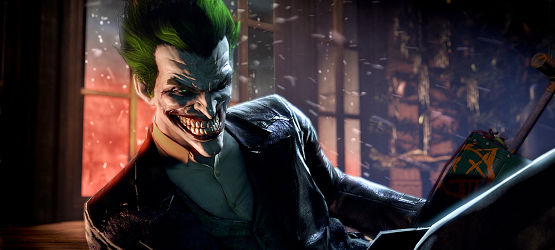
Given that by the very nature of gaming, the protagonist is usually a character that the player has to connect with, which is why they are given the most personality, or left as a blank slate for them to be colored in by the user’s decisions. But this leaves the antagonist to paint the rest of the story for the character, the one responsible for setting the stage for your grand adventure. In general this is the whole concept in which pushes a character forward, and is what becomes the ultimate goal.
With all of that laid out, the question of who’s more important becomes a blurred line, as the person walking the path is only the person who is actually sitting inside another character’s narrative. In some cases there will be some characters who will obviously fall outside of the normal good vs. evil structure, but in some cases the need for a likable bad guy can be even stronger than the need for a great lead.
Sony’s Killzone franchise has always had fairly mundane leading characters, but has always had a very strong emphasis on their villains, the Helghast. Most likely this is due to the fact that the game is a first-person shooter, which in reality forces the player to spend the majority of their time looking at the opposing force, making them the center of the stage beyond the character you are playing. So, as much as I love some characters, I do think that some games are going to need to do a better job of establishing who is paving the road forward for us to walk on.

Chandler: Villains absolutely make the heroes. Batman is one side of the coin, and not only The Joker, but many of the other storied villains to the Dark Knight help to better define the story and characterization of the heroes. Cloud is who he is because of Sephiroth, and the silver haired antagonist had a critical role to play in many pivotal moments in the game. It’s hard to say that villains are the star of the show, but rather complete the picture. Cloud needs Sephiroth. Sephiroth needs Cloud. Two halves of a whole.
Dan, you talk about the characters that are constantly dogging our heroes’ heels, but I also want to talk about the environmental villains. Sometimes that antagonist isn’t obvious, but the hero needs something to drive them forward and give them purpose. A game like Journey may not have an obvious adversary, but when you dig deeper, you can see that the distance between you and the mountain is the true foe. Many games offer this kind of opposition, and while they may not have the obvious Sephiroth or Joker, they show that the environment, emotions, and mystery can be just as powerful of a driving force for our lead characters.
It may seem kind of obvious, but just to prove this point, imagine any game without its antagonist. The coming Until Dawn would just be a game about a bunch of young adults making poor decisions at a trip to a remote cabin. Throw a killer in the mix? Suddenly motivations shift, and your villain changes your primary characters, completes the picture, and creates the experience. A game series like Borderlands creates an entire planet and hostile environment that becomes the villain, with a number of stellar characterized foes thrown in the mix as well.

Any good narrative is built on a foundation of something entirely ordinary facing a kind of opposition. That opposition is the catalyst that gives purpose to our lead characters and opens up the possibilities of the experience. Sometimes, it’s an obvious black and white comparison of hero and villain, but often we find a mix of grey, and we must dig deeper to find out what is driving our hero characters. Don’t forget that grey can’t be made without black or white, and there’s not always a clear line for where the heroics end and the villainy begins.
Without a villain, there’s a huge missing part of the picture. We rely so much on our heroes and these characters that we can often overlook the burdens that created them in the first place. There’s the obvious side of opposing characters, such as without The Joker, or bevy of other villains, Batman is just a rich guy wearing a ridiculously expensive Halloween outfit. Then there’s the not so obvious side of things. There’s the villainy within our lead characters. There’s the oppression and struggles that they face, and these villains are just as real, because they make them who they are.
Who are you favorite villains? Has a villain ever made a game for you? Let us know in the comments below, email us at DailyReaction@PlayStationLifeStyle.net or check us out on Twitter @Foolsjoker and @Finchstrife.
Check out more of us reacting daily on Daily Reaction here.
Daily Reaction: The Slideshow
-
Are Villains Really the Star of the Show? – The Joker, Call of Duty and Until Dawn
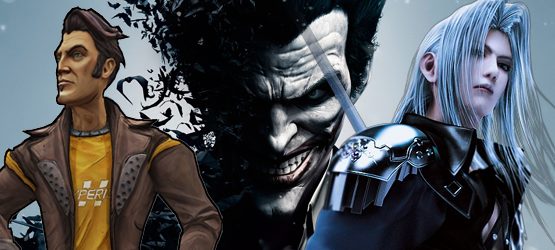
A great hero is nothing without an opposing force to drive him, her, or it forward, and we explore the villains, antagonists, and foes in both likely and unlikely places.
-
PS Plus Vote to Play – Are We Generalizing Indie Games?
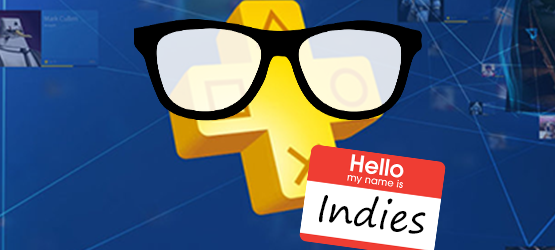
The term "indie" has been slung around the industry to mean low budget garbage, but are we being unfair to a subsection of the industry that leads in innovation and creative freedom?
-
How Sharing Is Changing the Industry – PSN and the Share Button

The ability to easily share our experiences has vastly changed how we game and how the rest of the world perceives video games. Just how much is sharing changing the gaming landscape?
-
Cracking Down on Xbox One Cloud Computing
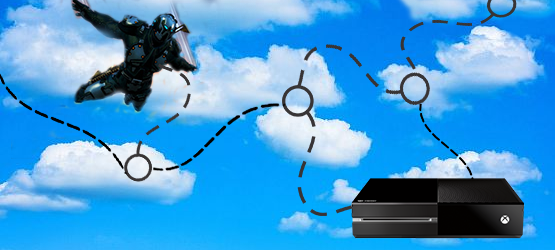
Despite the punny title referencing Crackdown 3, we actual drool over the possibilities that the cloud can offer as Microsoft shows off their latest footage featuring multiple servers worth of full destructibility in the world, while we also cite some minor concerns we may have with the tech.
-
Microsoft’s gamescom 2015 Press Conference Impressions
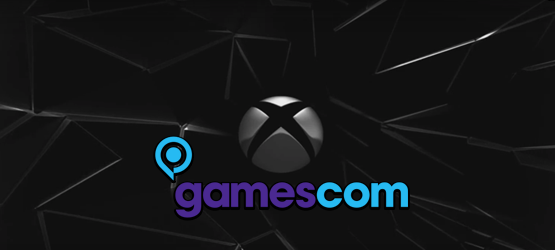
Microsoft finished their 2015 press conference at gamescom and it was a solid showing. Here are our blow-by-blow impressions of what Microsoft had to show off.
-
Guitar Hero Live and Rock Band 4 – Rhythm Games’ Encore
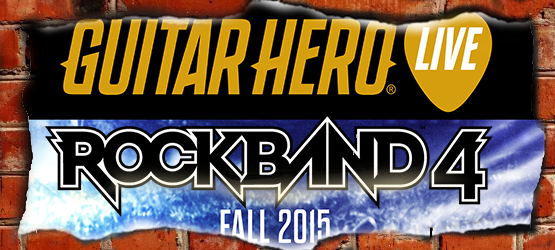
Rhythm games are coming back, but do gamers want the encore? Find out more about our history with the genre and what we are (or aren't) looking forward to when plastic instruments make a comeback.
-
Can a PlayStation Plus Voting System Make Gamers Happy?

Trying to appease unhappy gamers, Sony is giving them a choice to vote on the free Plus games for certain months. Will gamers still find a way to complain, or will this help ease the pain of feeling slighted by "bad offerings?"
-
Ouya’s Downfall and the Home Console Market
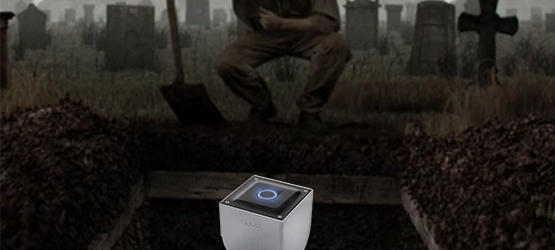
R.I.P. Ouya. We hardly even knew ya. In this edition we throw back all the way to the first Daily Reaction that talked about the Ouya and how it might be able to alter the gaming landscape. Have our views since then changed?
-
Are Gaming Accessories Important? VR, Fight Sticks and Gaming Headsets

Peripherals such as headsets, VR, plastic instruments, and motion wands can alter the way that we experience games, but are they required or even important to the gameplay experience?
-
Console vs PC: Rounds 1 and 2

Read the Daily Reaction Part 1 here.
Read the Daily Reaction Part 2 here.Console gamers and PC gamers often butt heads on which is better, but which one is truly the victor? We examine the pros and cons in multiple aspects of these platforms in this two part article.
-
Kickstarting Shenmue III, Broken Age, and More – Money Where Your Mouth Is
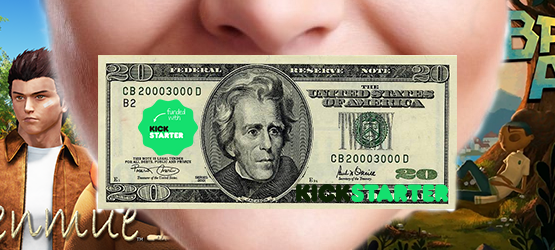
Kickstarter is a platform that can be used to gauge market interest by requiring consumers to put their money where their mouth is. Is this a good home for games that are demanded, but may not be financially viable?
-
How Important Is 1080p and 60fps and Overall Graphical Fidelity?
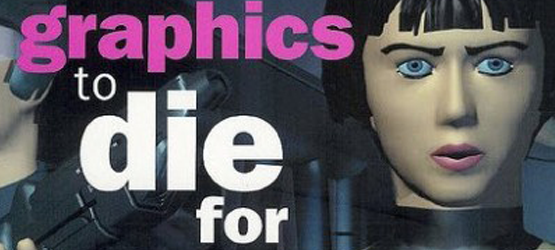
Graphics and visual fidelity are a massively debated factor in games, with some people attributing a high value to the magic numbers of 1080p and 60 frames-per-second. Is there a point where visual fidelity just isn't as important as other factors?
-
Clamoring for Information: The Desire to Know More
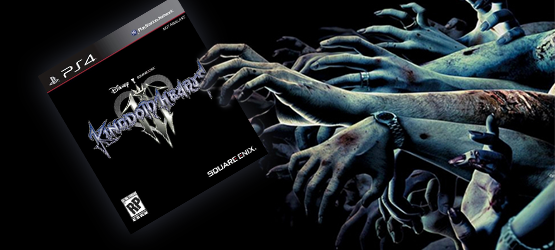
We're constantly pawing at any new bit of information that we can find out about games, but the information ebbs and flows in our industry. Does our desire to know more cause releases to be little more than a flash in the pan?
-
Remembering Our Giants – The Loss of Nintendo’s Satoru Iwata
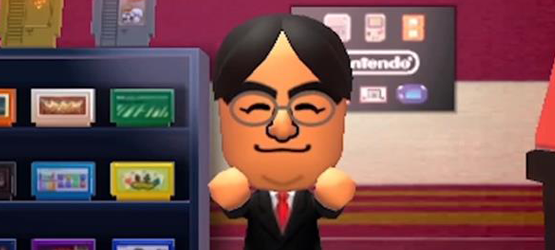
Nintendo's President and CEO has passed away, which makes us realize the fragility of life and relative infancy of the gaming industry.
-
A Dangerous Minefield of Video Game Spoilers
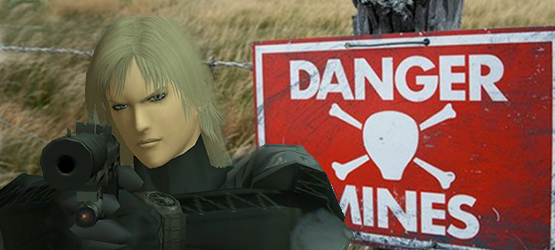
There are certain parts of an experience that hinge on the unknown, the mystery, and the surprise. Metal Gear Solid 2 swapping Snake out for Raiden? Aeris' fate in Final Fantasy VII? These are just a small sampling of the kinds of things that can have an impact if they are spoiled prior to a first experience and we're looking at how the unknown crafts a sense of wonder.
-
PSN Down - Does it Matter?
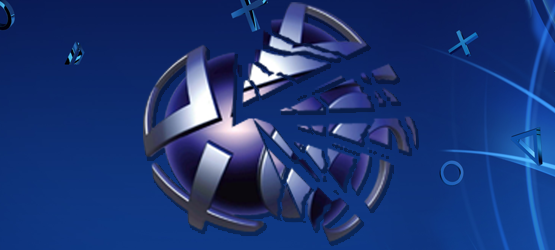
So the PSN is down again. Maybe not right now, but if history has taught us anything, it's that Rome wasn't built in a day and the PSN goes down periodically. Does the loss of our network connection really matter that much though?
-
The Last of Us 2: What We Want and What We Don't
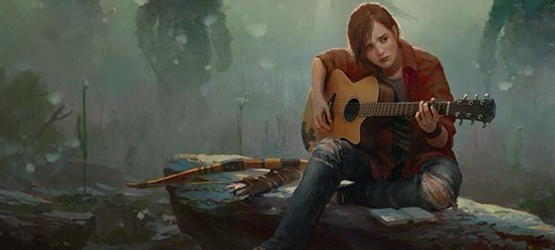
Nolan North has seemingly outed the existence of The Last of Us 2, and while Naughty Dog and Troy Baker both claim ignorance, we wanted to share our conflicting thoughts on what we want and what we don't want in a sequel to one of the greatest PlayStation games ever.
-
How Technology Will Push the Horror Genre Forward
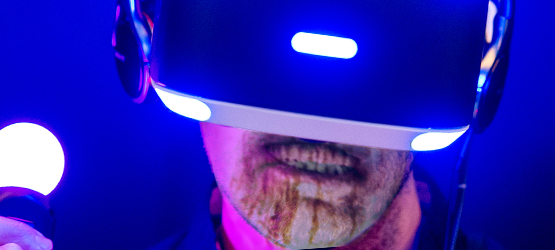
P.T. may be a distant memory, but new and coming technologies could change the face of horror games as we know them, allowing for fresh and immersive ways to be scared.
-
How Early is Too Early to Announce a Game?
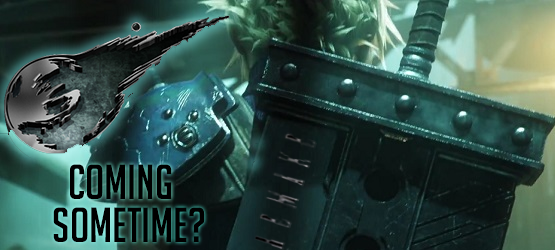
When should developers and publishers reveal their games? Can the strategy for timing between reveal and release impact a game's development and sales performance?
-
Has Nintendo Stepped Down From the Big Three?

Nintendo, Sony, and Microsoft have long been considered the "Big Three" in the console games market, but has Nintendo abandoned their seat at the table?
-
Is Backwards Compatibility Forward Thinking?
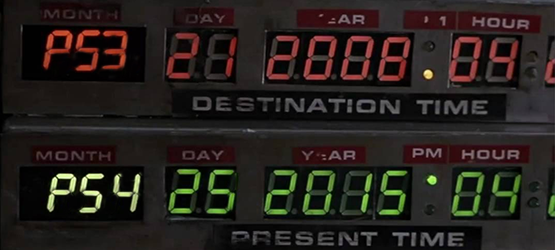
Microsoft announced backwards compatibility for the Xbox One at E3 2015, but is the time and money spent to make it happen forward thinking for the console market?
-
Oculus Rift vs. Project Morpheus - Pre-E3 Announcements
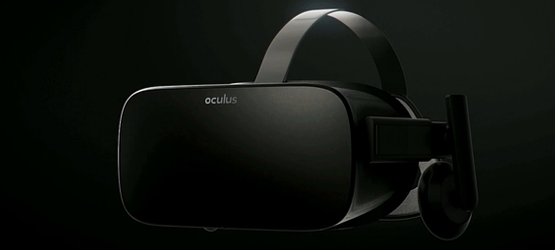
Project Morpheus and Oculus Rift are the primary contenders in the battle fro VR supremacy, and we compare the currently known specs and features.
-
Games, by Gamers, for Gamers
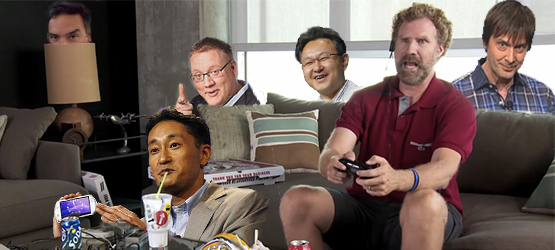
Many of the video game industry's biggest names are gamers themselves, and we talk about the importance of games by gamers, for gamers.
-
The Evolution of Discovery

Games have become about something more than simple high scores or arcade competition. We explore the evolution of the ability to discover in video games.
-
Countdown to E3 2015: Tips on How to Spend the Next 10 Days
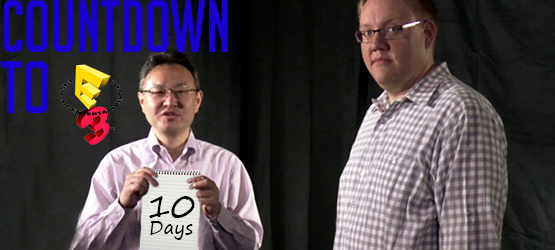
The wait for E3 can be a difficult one, so we're offering you some ways that you can make the wait more bearable. Are you reading this after E3? There are still plenty of entertaining pictures to accompany each suggestion. You can't go wrong with a Reggie Photoshop!
-
The Pros and Cons of App Based Extended Content
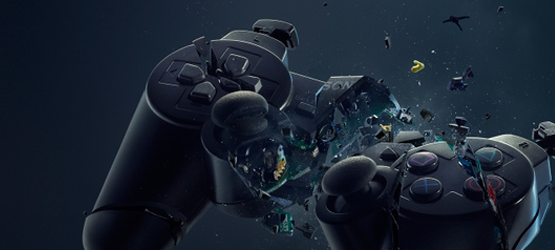
Some games have expanded beyond the screen in our living room by allowing our phones to connect with the game. Which ones are successful and which ones are unnecessary?
-
The Strategy Behind Having E3 Press Conferences
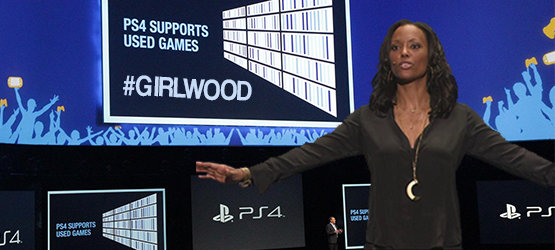
May I have your attention please? If you'll direct your eyes to the center of the stage, we'll be talking about why the major players in the industry hold E3 press conferences.
-
The Difficulties of Keeping an Embargo

As games journalists we have access to privileged information that we may not be able to reveal. Finding a balance between bringing content to our readers and maintaining positive PR relationships is crucial to our continued operation.
-
Unfair Bullying of Developers Over Game Updates
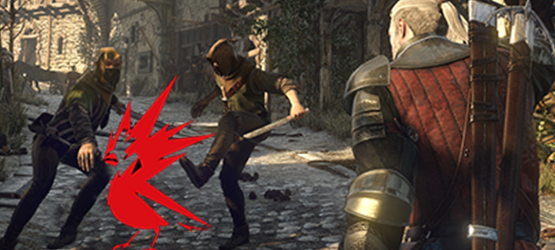
Game updates can create a stream of consciousness that a game is broken or that a developer took the lazy route during development. Is this treatment fair, or is the advancement of technology to allow for these updates an incredible thing?
-
Tempering E3 Expectations
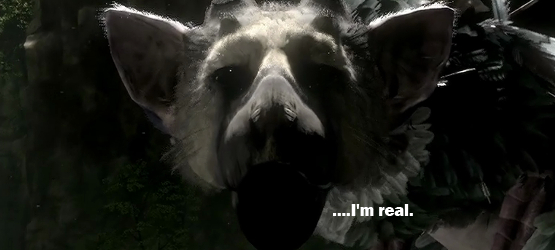
Building up expectations to unreasonable levels can lead to disappointment when they are not met. Expect us to talk about tempering those expectations to enjoy every announcement, even the unexpected.
-
Evaluating The Witcher 3's Graphical Downgrade
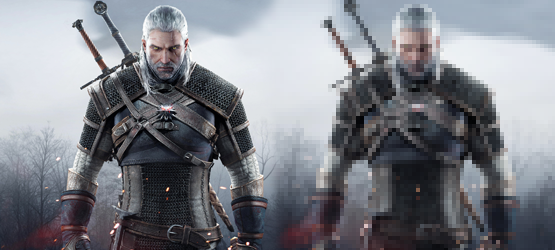
Accusations of The Witcher 3 being downgraded graphically from its reveal trailer have caused a bit of a stir, and we're taking our own look at the claims.
-
The Adventures of Dynamic and Static Storytelling

Dynamic storytelling allows for more player freedom, but limits the kind of story you can tell. Static Storytelling let's creators have control of the story, but is an on-rails experience for players. Which is preferred?
-
Reigniting Destiny's Fire with House of Wolves

Did Destiny's second expansion reignite a fire that was snuffed out by The Dark Below?
-
Why Microsoft has the Right to Brick Consoles
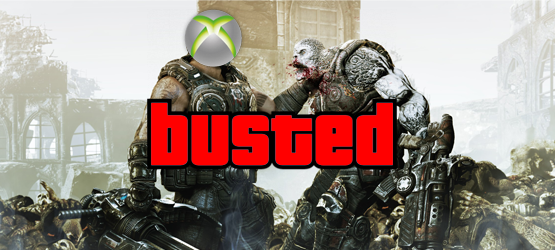
Do you ever read the terms of service? perhaps you should start, because we're looking at why companies may have the right to lock you out of content you think you own.
-
Always Online - The DRM Compromise
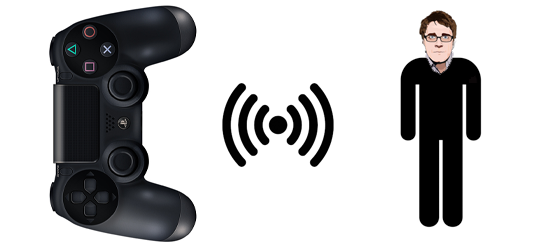
Advancements in technology are giving us increasingly connected worlds in our games, but are online components just hiding Digital Rights Management?
-
The Value of Gaming - How Much is Your Time Worth?

We spend a lot of money and time on our favorite hobby, but how do we measure the value of the money and time we spend on the games that we play?
-
The Backlog Problem
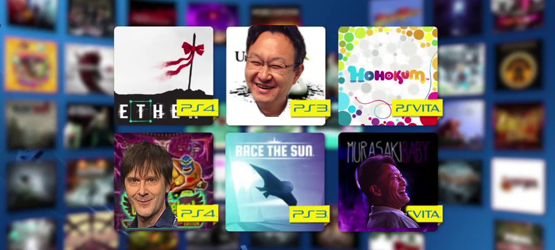
More and more games are coming out, more than we have time to play. With the rising number of games, there is also an increase to games that we want to play. Do we go back, or do we leave them behind?
-
Narrative vs. Experience - How are the Best Stories Told?
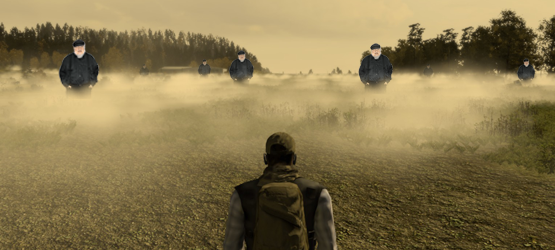
Would you rather be told a story or experience it for yourself? Is there a balance in a game telling you about a narrative point versus playing through it?
-
What Makes a Perfect Star Wars Game?
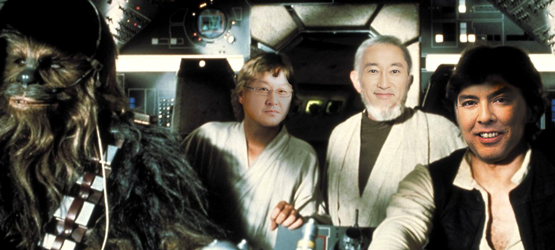
Everybody loves a good Star Wars game, but what makes the best Star Wars game? We take a stab at what we want to experience and what combined elements would bring balance to the Force.
-
Has PlayStation's Powers TV Show Failed?
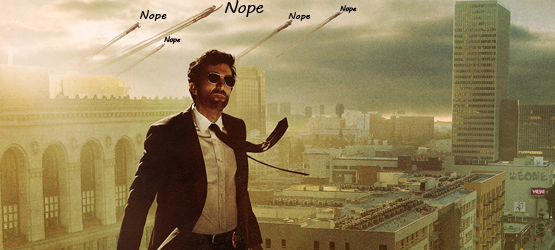
Numerous mixed reviews and a lack of solid marketing have left the critical future of Powers in limbo. Though there will be a season two, we explore whether the series has already failed in its intention to bring a streaming exclusive to the PSN.
-
Information Leaks - Do They Hurt the Industry?

Games are a huge endeavor, and as such, information is not easy to contain. If something gets leaked outside of marketing's planned strategy, how does that impact the developer, publisher, and the rest of the games industry?
-
HD Remastered Edition - Does Recycled Content Hurt the Industry?
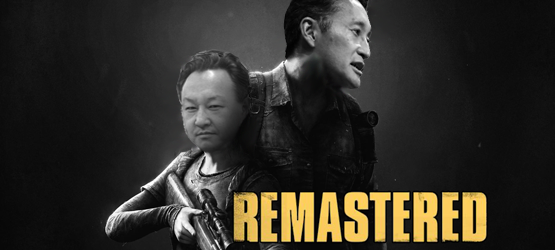
Daily Reaction is back in a new form, and our first post is talking about HD remasters and the trend of making what's old new again. Should we be living in an HD version of the past?





